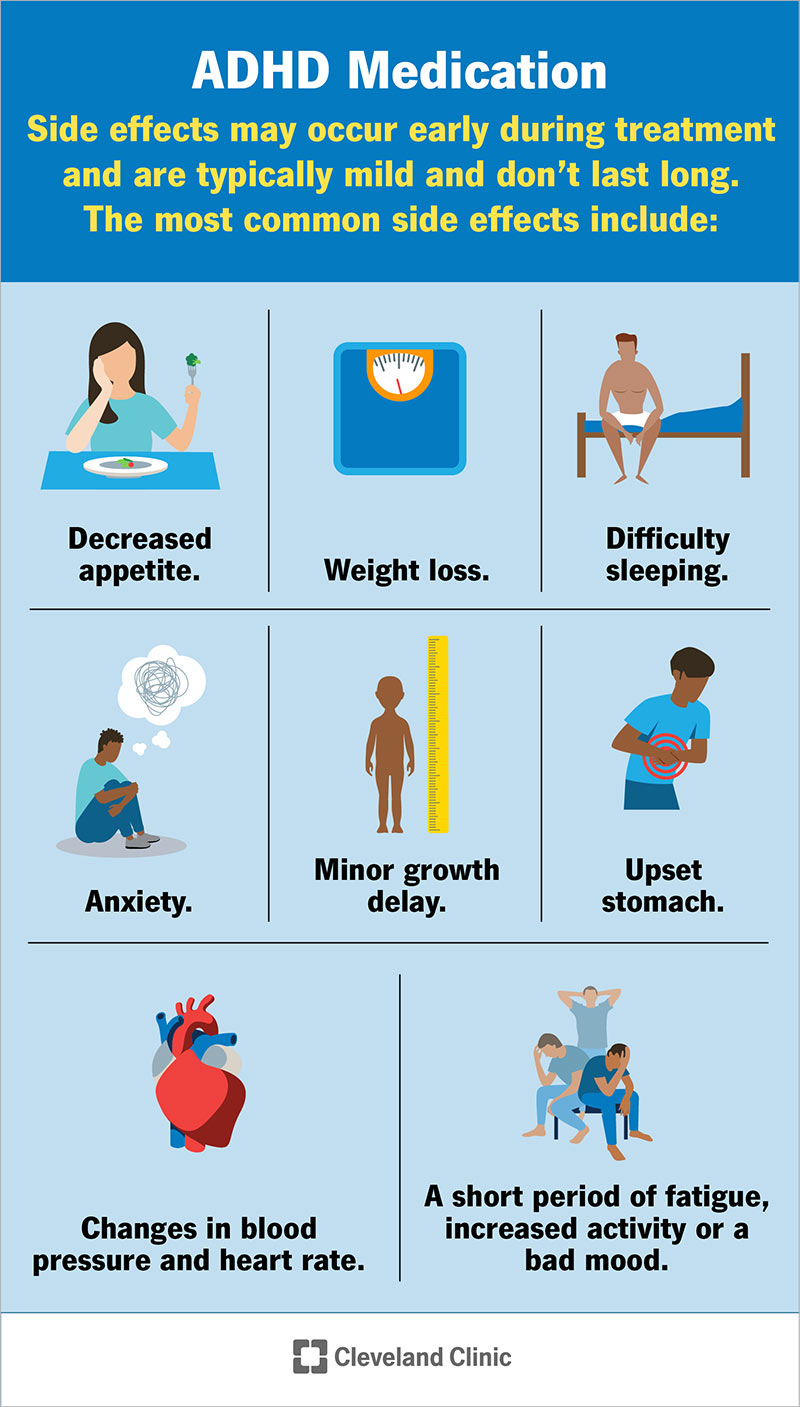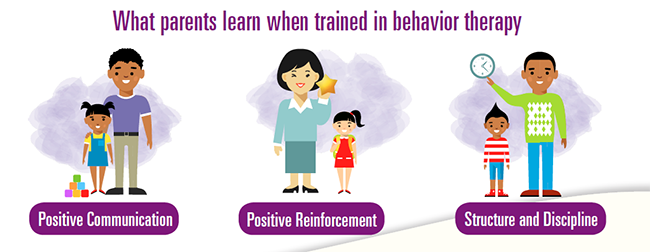ADHD Doctor Providing Personalized Care Plans
ADHD Doctor Providing Personalized Care Plans
Blog Article
Your Overview to Locating the Right ADHD Treatment for Lasting Outcomes
Browsing the intricacies of ADHD treatment requires a nuanced understanding of both the condition and the myriad alternatives readily available for effective management. It is essential to acknowledge that what jobs for one person might not necessarily generate the same results for one more.
Comprehending ADHD and Its Impact

In grownups, ADHD can bring about obstacles in work environment environments, affecting performance, time administration, and interpersonal relationships. Typically, undiagnosed or poorly took care of ADHD can add to co-occurring psychological wellness problems, such as anxiety and clinical depression, more complicating a person's general well-being.
The social understanding of ADHD can vary, leading to preconception and misunderstanding, which might impede people from looking for help. As recognition grows, it is vital to foster a setting that promotes understanding and assistance for those impacted by ADHD, emphasizing the demand for precise diagnosis and customized methods to minimize its effect on daily life.
Overview of Treatment Options
A detailed approach to treating ADHD incorporates a variety of alternatives tailored to the individual's one-of-a-kind requirements. These alternatives can broadly be classified into behavior interventions, psychoeducation, and way of living adjustments, alongside pharmacological therapies that might be explored later on.
Behavior interventions, such as cognitive-behavioral therapy (CBT), concentrate on customizing specific habits and developing coping techniques to take care of signs effectively. Psychoeducation plays a crucial function in encouraging both individuals and their households by supplying information regarding ADHD, its challenges, and efficient strategies for support.
Lifestyle modifications can dramatically affect ADHD monitoring. Routine exercise, a balanced diet plan, and ample rest contribute to overall wellness and sign control. Mindfulness methods and leisure methods can likewise improve emphasis and minimize impulsivity.
Assistance teams and family members treatment can cultivate a sense of neighborhood and understanding, helping individuals feel much less separated in their experiences. Each treatment choice should be considered in combination with the individual's choices and scenarios, ensuring an all natural approach that promotes long-term success. Inevitably, the goal is to create a tailored therapy strategy that deals with the particular obstacles linked with ADHD while enhancing overall high quality of life.
Drug: Pros and Cons
Medication plays a pivotal role in the therapy of ADHD, with countless alternatives offered that loneliness and depression can substantially ease signs for many people. Stimulants, such as methylphenidate and amphetamines, are commonly suggested and have revealed efficiency in improving emphasis, minimizing impulsivity, and improving total habits. These medications function by boosting dopamine and norepinephrine levels in the brain, which are often dysregulated in those with ADHD.
Some people may experience side impacts, consisting of sleeplessness, lowered appetite, or boosted anxiousness. Additionally, not all individuals react to energizer medications, leading some to explore non-stimulant options, which might have a delayed beginning of action or various side results.
It is necessary for individuals and their households to consider these advantages and disadvantages carefully. Stabilizing the benefits of signs and symptom management versus prospective adverse effects is vital for achieving ideal treatment end results. Partnership with doctor can promote educated decisions, making certain that medicine belongs to a detailed look these up ADHD management strategy.
Behavior Treatment Strategies

One frequently used approach is Cognitive Behavior modification (CBT), which assists people recognize and change adverse idea patterns that add to ADHD-related challenges. Therapist for ADHD. Via CBT, customers discover to establish sensible goals, take care of time properly, and develop business systems
Another efficient technique is Parent Monitoring Training (PMT), which informs parents on exactly how to strengthen positive habits and minimize unfavorable ones with constant technique and interaction approaches. This strategy cultivates an encouraging home atmosphere that motivates behavioral renovations.
Social abilities training is likewise essential, assisting individuals with ADHD browse social communications better. Role-playing and modeling ideal actions can boost social skills and decrease stress and anxiety in social circumstances.
Way Of Living Adjustments for Better Administration
Just how can way of life changes dramatically improve the management of ADHD signs? Implementing critical way of life alterations can result in significant improvements in emphasis, company, and emotional law for individuals with ADHD.
To start with, establishing a structured day-to-day regimen helps in producing predictability, which can relieve feelings of overwhelm. Regular schedules for meals, research, and rest can improve everyday performance.
Incorporating routine exercise is also important, as workout has been shown to enhance dopamine levels, enhancing attention and inspiration (Therapist for ADHD). Going for at least 30 mins of moderate exercise most days can be useful
Nourishment plays an essential function. A balanced diet abundant in omega-3 fatty acids, entire grains, and protein can support cognitive function. Limiting refined sugars and caffeine may reduce signs, as these can cause power accidents and impatience.
Verdict
In final thought, discovering the appropriate ADHD therapy demands a diverse technique that takes into consideration private requirements and choices. Partnership with health tom eimany psychiatrist care professionals and open communication with assistance networks are crucial parts in navigating the complexities of ADHD management, inevitably leading to long-term results and boosted high quality of life.
Report this page